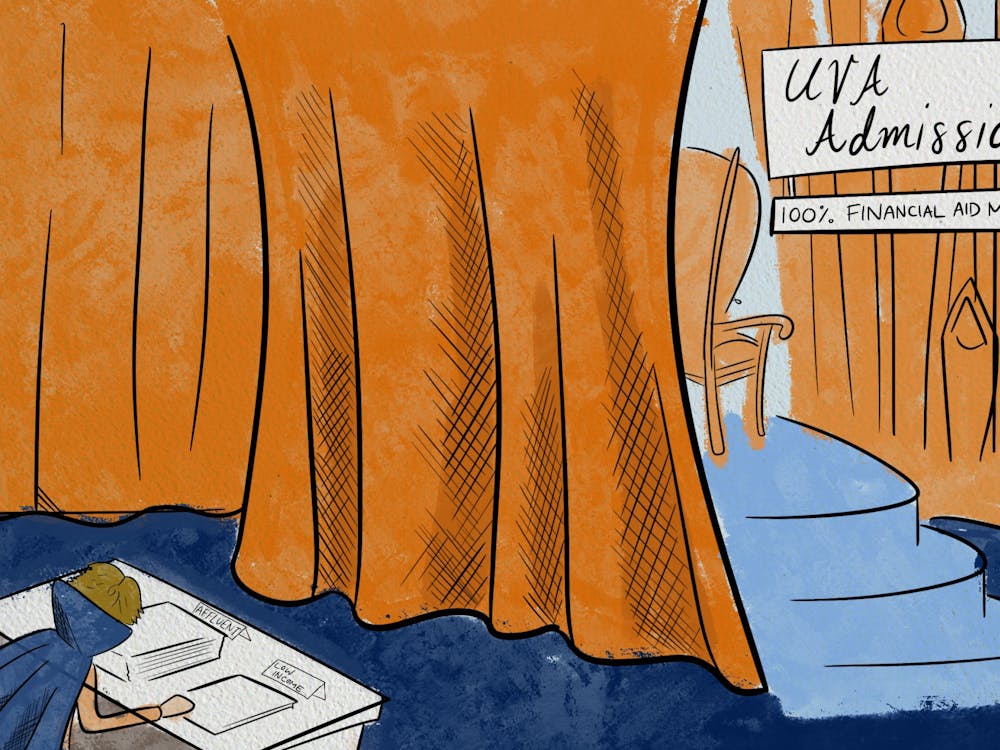I can get a little loud about political issues. Like most people who choose to advocate for causes, I’ve taken positions on many of today’s pressing political questions. Social issues are easy to talk about and particularly divisive. Not a day goes by that we don’t hear something about abortion, gay marriage or marijuana legalization. But one aspect of politics about which I am passionate fails to cultivate much attention in regular conversation: campaign finance and political spending. It sounds dry, it sounds nonthreatening and it’s not as easy to get fired up about, but events in recent weeks have proven that there’s nothing we should be talking about more often or more loudly. Specifically, I think we need to discuss political spending and the influence it had on the Senate’s recent gun-control vote.
Campaign finance should be a nonpartisan — or at the very least, bipartisan — issue. Senators John McCain and Russ Feingold proved in 2002 that it could be, when they produced the Bipartisan Campaign Reform Act. “Money is the root of all evil” did not become a clichéd cautionary phrase for no reason. It seems a common-sense statement that too much money in politics is dangerous.
Many of the problems which the BCRA set out to solve still exist in elections and day-to-day affairs on the Hill today. For instance, it is legal in the United States for a corporation to spend unlimited amounts of money on a candidate’s campaign, as long as that corporation does not donate to the candidate directly. A significant percentage of the advertisements you see and hear around elections are funded by rich businesses with specific economic interests. They are not representative of the candidates, their beliefs or what is best for the country.
The emergence and proliferation of “super PACs” in recent years is also cause for concern. When you hear jaded analysts remark that politicians are “in the pocket” of certain businesses or interest groups, they are referring to the fact that politicians will make legislative decisions based on the monetary support they are trying to secure from particular groups. If interest groups spend enough money to help a candidate get elected, they can count on that candidate to vote their way pretty reliably. Super PACs allow for not only a huge amount of money to circulate but also for anonymous donations. Large contributions can be made in the super PAC’s name rather than the name of an individual, and super PACs often have ambiguous titles which are not indicative of their values or goals. It is impossible to tell whether groups with names such as “Restore our Future” or “Priorities USA” have a liberal or conservative agenda. We have no way of knowing to whom exactly our legislators are indebted.
So what is my point in all this? Why, exactly, is political spending a bad thing? Money in politics is undesirable because we don’t want our legislators obligated to anyone but their constituents. We hope that when our Congressmen are casting a vote on important pieces of legislation, such as the gun regulation bill the Senate voted on April 16, they are concerned with what is the best idea for the largest number of people. They should not be worried about pleasing corporations or interests groups or ensuring their own re-elections — they should be thinking about how to keep people safe or protect their rights.
The U.S. desperately needs gun regulation, and money in politics prevented us from successfully passing a very reasonable law. This is not an opinion. It is undeniable. When former U.S. representative Gabrielle Giffords furiously wrote in her recent New York Times op-ed that “These senators made their decision based on political fear and on cold calculations about the money of special interests,” she was not exaggerating. The gun regulations the bill called for — which included expanded background checks and bans on assault weapons and high-capacity magazines — had overwhelming public support. I’m not trying to structure an argument in favor of gun regulation. My overall point is larger. The influence of money in politics is visible with respect to a myriad of issues, both liberal and conservative. The AARP lobbies and spends large sums of money in an attempt to change healthcare and insurance policies. Private interests account for many of the loopholes in our complicated tax code. We can see the impacts of political finance easily, if we look for them.
But when examining the gun-regulation vote specifically, it’s impossible to ignore the fact that the NRA spent $25 million on contributions, lobbying and outside spending in the last election cycle. I think the public needs to consider why a reasonable and necessary bill, which was not tough or controversial and which most senators’ constituents supported, failed. In the week leading up to the vote, the NRA inundated senators with phone calls and emails and spent $500,000 on advertisements opposing the bill. Instances like these are why we need to limit the role money plays in politics. Whether during a campaign or not, political finance is out of control, and it has a direct, tangible influence on the daily lives of people less able to pay into the system. The system is not okay. But it is difficult to resolve, because most legislators have already agreed to play by its rules. This is why we need to speak up. We need campaign finance and political finance reform to restore our government to a more democratic ideal.
Ashley Spinks is an Opinion columnist for The Cavalier Daily. Her columns run Mondays.




